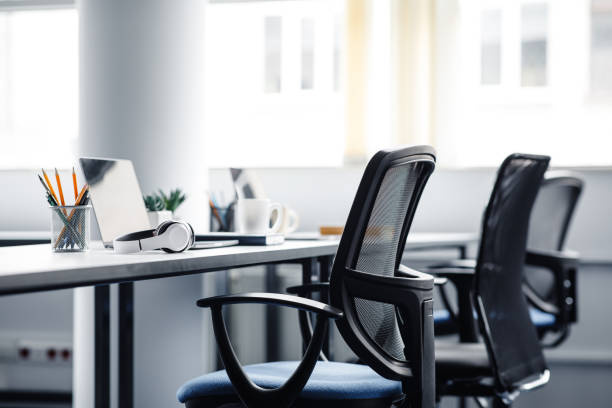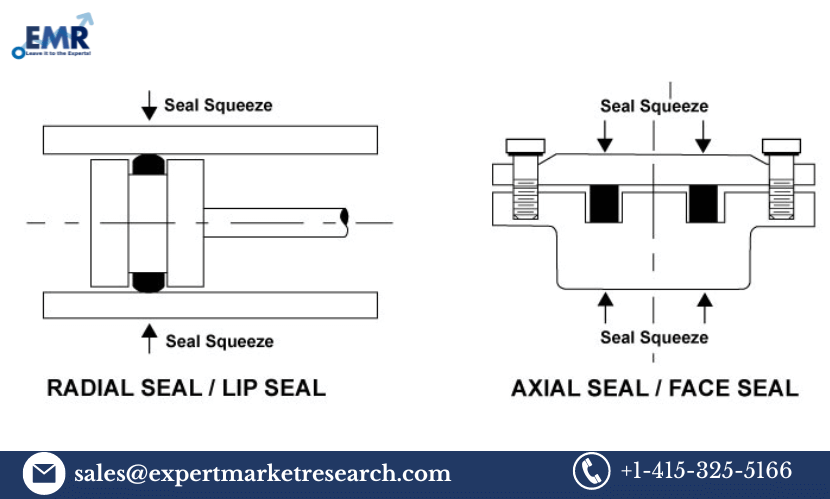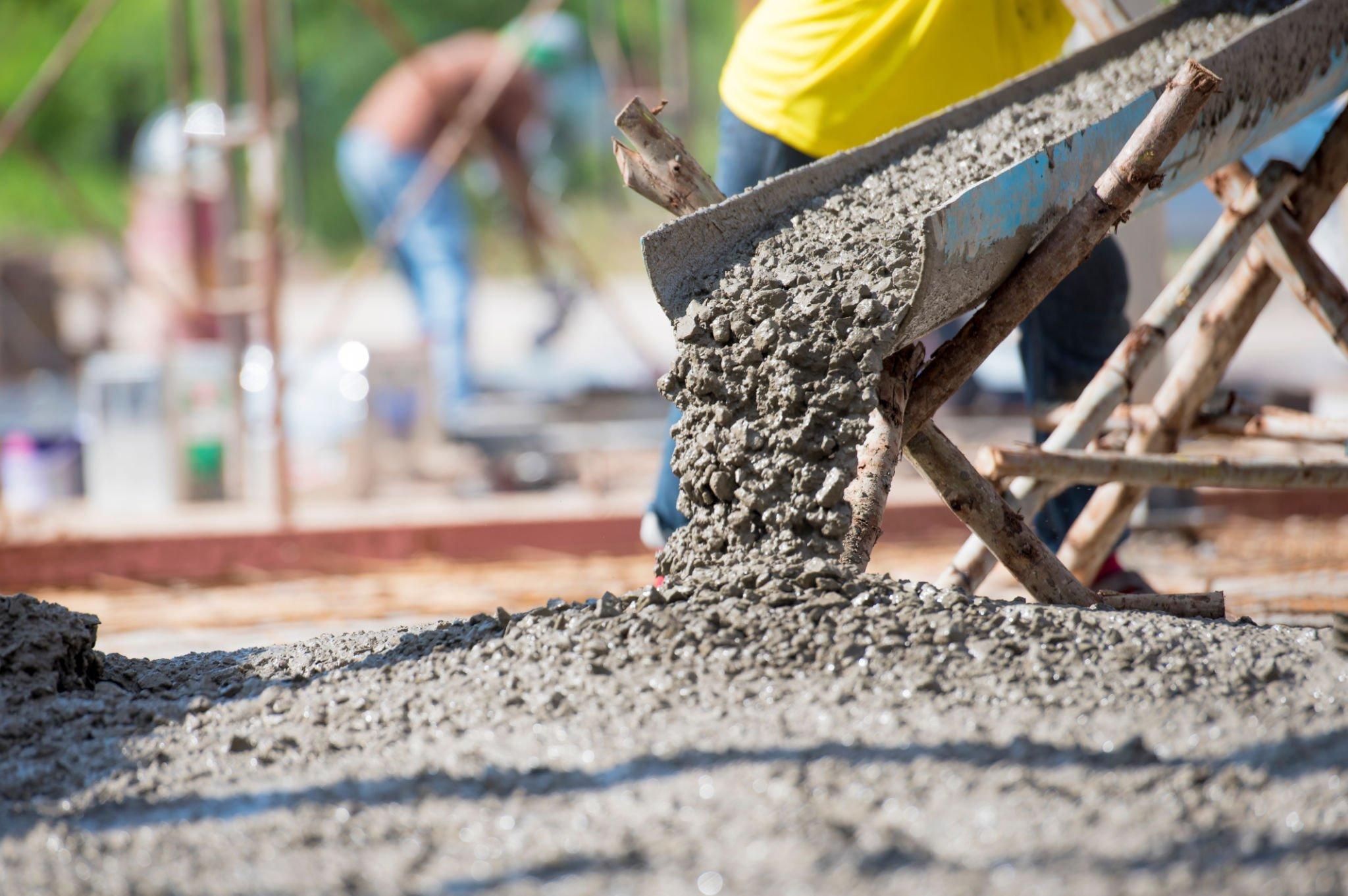Introduction to Modern Office Table
The modern workplace has undergone a significant transformation in recent years, with an increased focus on creating environments that foster productivity, collaboration, and employee well-being. Central to this evolution is the modern office table, a piece of furniture that has evolved beyond its traditional role to become a symbol of contemporary workspaces. In this article, we will explore the key features and trends that define the modern office table, examining how it reflects the changing dynamics of work culture.
Functionality Redefined
Gone are the days of bulky, one-size-fits-all office furniture. Modern office tables are designed with versatility and functionality in mind. Adjustable height desks, for instance, have become increasingly popular, allowing employees to switch between sitting and standing positions throughout the day. This not only promotes better posture but also addresses health concerns associated with prolonged sitting.
Moreover, modern office tables often come equipped with built-in charging ports and cable management solutions, recognizing the essential role of technology in the contemporary workplace. These features contribute to a clean and organized workspace, reducing clutter and distractions.
Collaborative Spaces
The shift towards collaborative work environments has influenced the design of office tables. Traditional cubicles are making way for open-plan offices, and as a result, tables are being designed to facilitate teamwork. Circular and modular tables are becoming more prevalent, encouraging face-to-face interactions and spontaneous discussions.
Some office table are now equipped with integrated whiteboards or digital screens, turning them into dynamic collaboration hubs. This evolution reflects the growing emphasis on teamwork, creativity, and the exchange of ideas in today’s professional landscape.
Ergonomics and Employee Well-being
The well-being of employees is a priority for modern workplaces, and office furniture, including tables, plays a crucial role in ensuring a comfortable and healthy environment. Ergonomically designed tables with adjustable features, such as tilting surfaces and customizable storage options, are becoming standard.
Additionally, materials used in modern office tables are often chosen for their sustainability and durability. Companies are recognizing the importance of creating a workspace that not only promotes productivity but also aligns with environmental and social responsibility.
Aesthetics and Brand Identity
Modern office tables are not just functional; they also serve as a reflection of a company’s brand and culture. Design elements such as sleek lines, minimalist aesthetics, and customizable finishes are chosen to create a cohesive and visually appealing workspace.
Companies are investing in office furniture that aligns with their brand colors and values. The goal is to create an environment that not only enhances productivity but also reinforces the company’s identity and values. This approach extends to the choice of materials as well, with a preference for sustainable and visually appealing options.
Technology Integration
The integration of technology is a defining characteristic of modern office tables. Wireless charging pads, built-in power outlets, and USB ports are becoming standard features. This not only eliminates the need for unsightly cables but also caters to the growing reliance on technology in the workplace.
Some advanced office tables come equipped with smart features, such as IoT (Internet of Things) connectivity. These tables can adjust their height based on user preferences, monitor usage patterns, and even provide data on workspace utilization. The integration of technology goes beyond mere convenience, contributing to a more efficient and connected work environment.
Flexibility and Adaptability
The concept of a fixed desk for every employee is evolving, with many companies embracing flexible work arrangements. Modern office tables are designed to adapt to changing needs, with features like easy mobility, foldable components, and modular configurations.
This adaptability is particularly relevant in the context of the hybrid work model, where employees split their time between office and remote work. Table design that can be easily reconfigured to accommodate different tasks and group sizes contribute to the flexibility required in today’s dynamic work environments.
Employee Comfort and Personalization
Recognizing the diverse needs and preferences of employees, modern office tables are designed to prioritize comfort and personalization. Adjustable lighting options, ambient temperature control, and the incorporation of plants or natural elements contribute to creating a comfortable and inspiring workspace.
Personalized touches, such as the ability to customize desk heights, tabletop materials, and storage options, empower employees to create a workspace that suits their individual preferences. This personalization not only enhances comfort but also contributes to a sense of ownership and well-being.
Conclusion
The modern office table is more than just a piece of furniture; it is a reflection of the evolving nature of work itself. From its functional features to its aesthetic appeal, the contemporary office table is designed to meet the demands of a dynamic and collaborative work environment. As workplaces continue to adapt to changing trends and technologies, the office table will undoubtedly remain a focal point in shaping the future of work.





